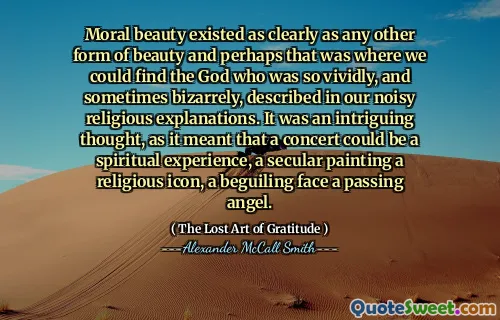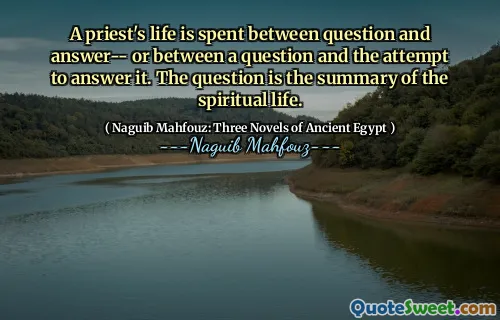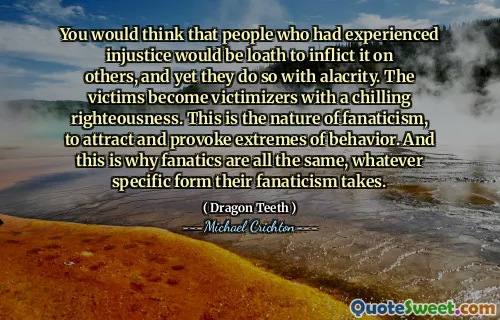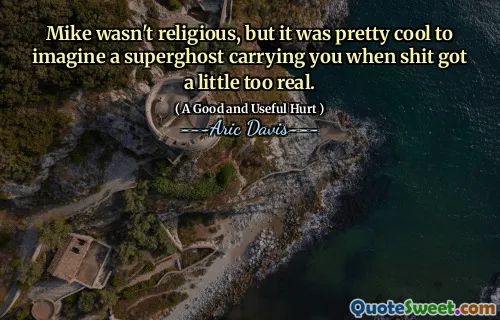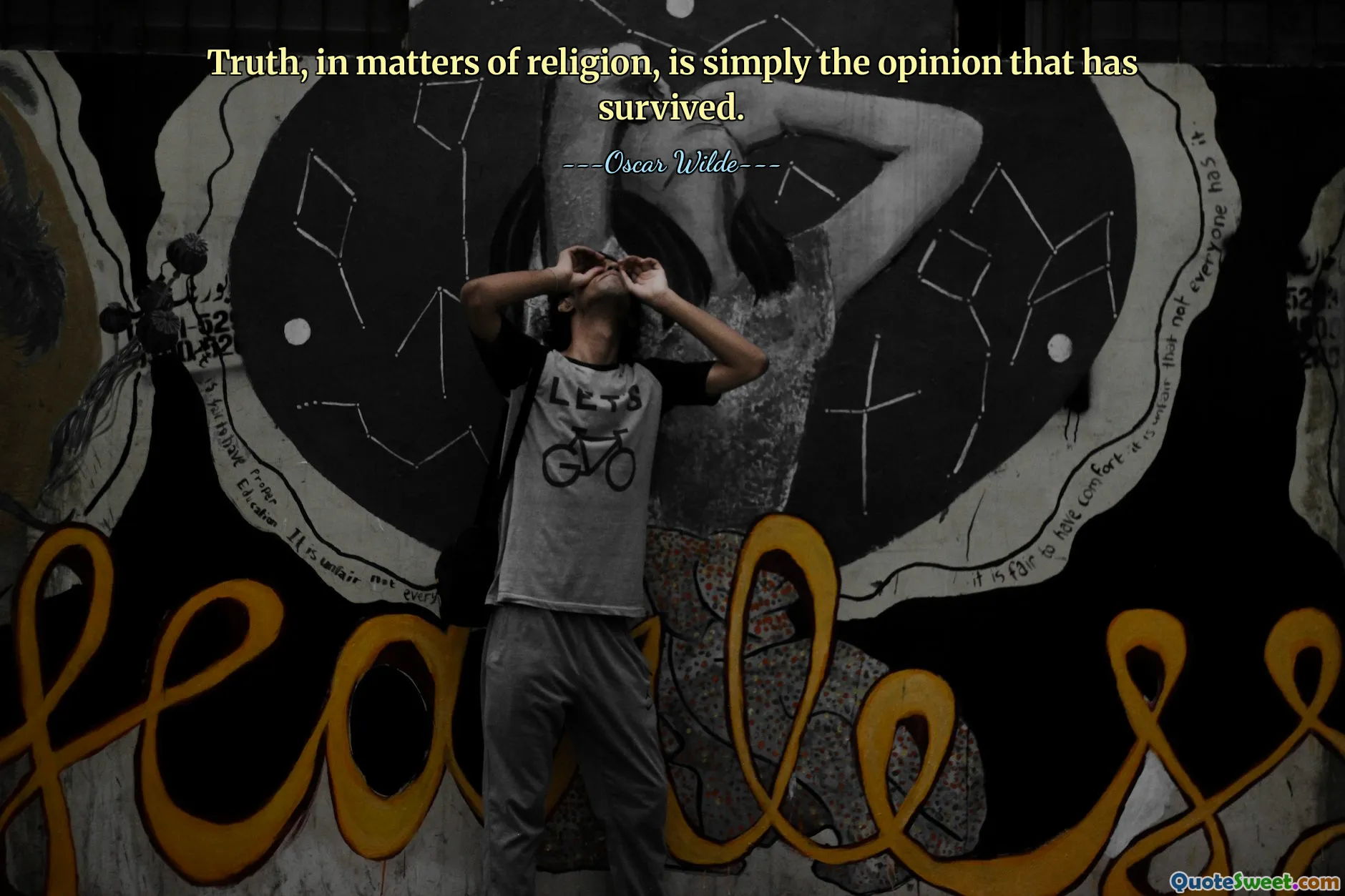
Truth, in matters of religion, is simply the opinion that has survived.
This quote by Oscar Wilde offers a profound and somewhat cynical perspective on the nature of truth, especially within the context of religion. It suggests that what we consider to be 'truth' is often not an absolute or objective reality but rather the opinion or belief that has persisted over time, despite challenges or contradictions. This idea prompts us to examine how societal, cultural, and historical forces influence our perceptions of truth, especially in areas as deeply personal and complex as religion. Throughout history, various doctrines and beliefs have risen and fallen, but those that endure may do so because of their social utility, institutional reinforcement, or mass acceptance rather than their empirical validity. Wilde's observation invites us to question the foundation of our convictions and to reflect on whether we accept certain truths because they are inherently true or simply because they have been accepted long enough to become ingrained. It challenges the integrity of absolute certainty and encourages skepticism, critical thinking, and a recognition of the fluidity of human beliefs. Recognizing that many 'truths' are societal constructs can lead to greater openness and tolerance for diverse perspectives. In the realm of religion, where faith often transcends empirical evidence, this insight can foster humility regarding our convictions and a deeper understanding of how cultural context shapes our beliefs over time. Ultimately, Wilde’s quote underscores the importance of questioning and the transient nature of many of the truths we hold dear, urging us to approach belief systems with a reflective and discerning mindset.






